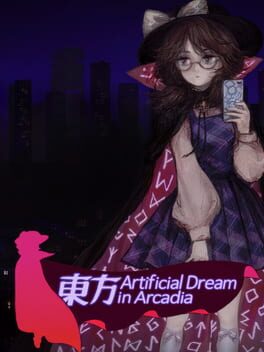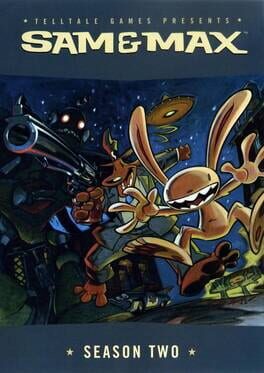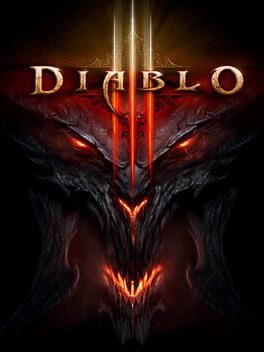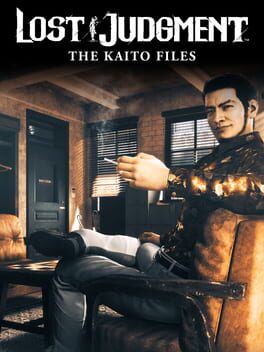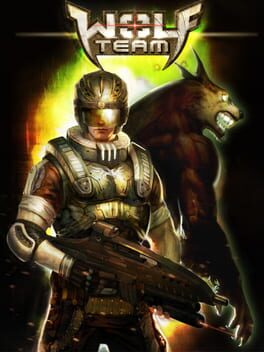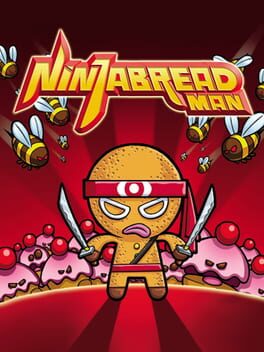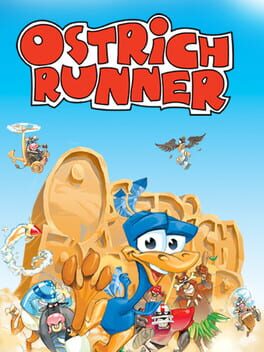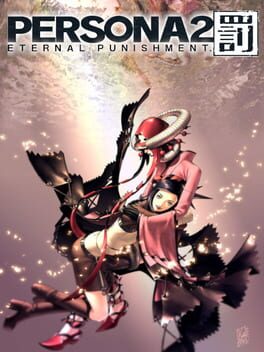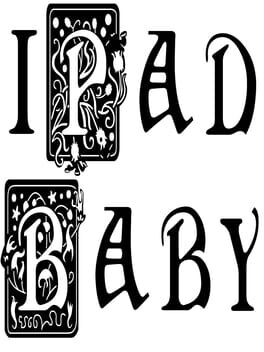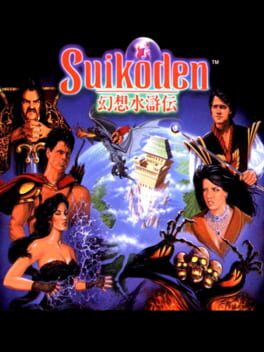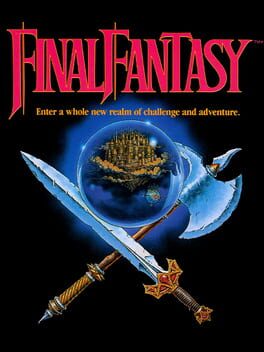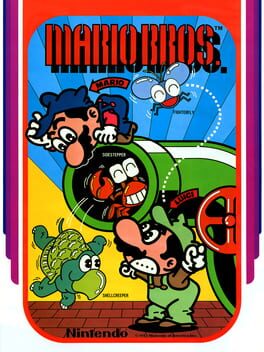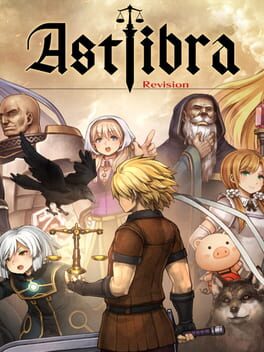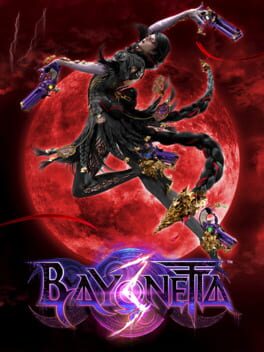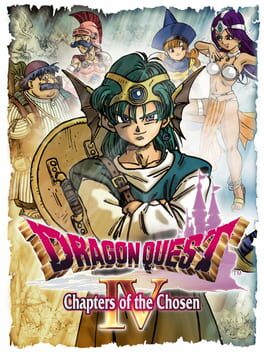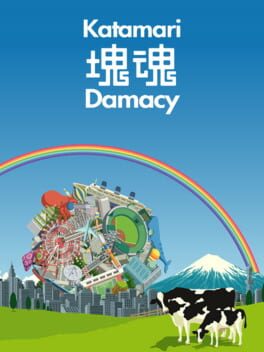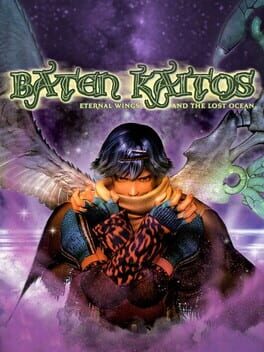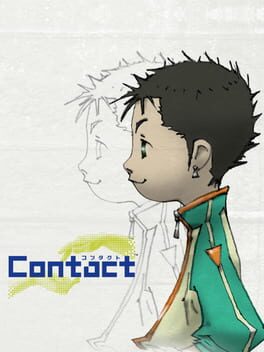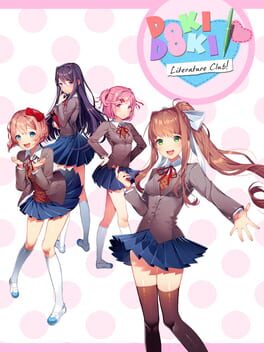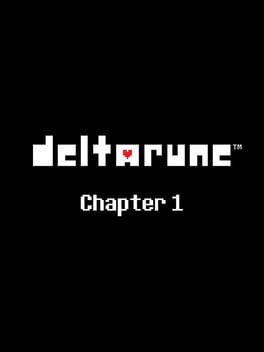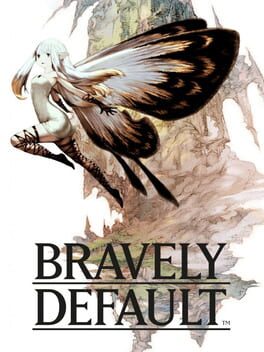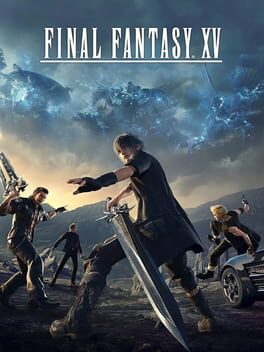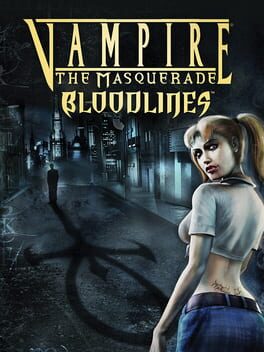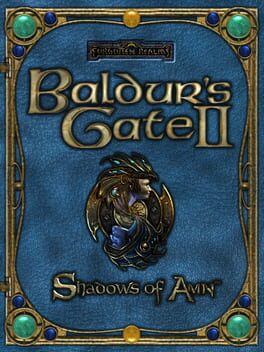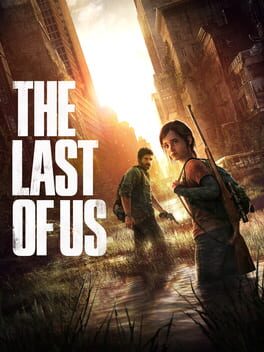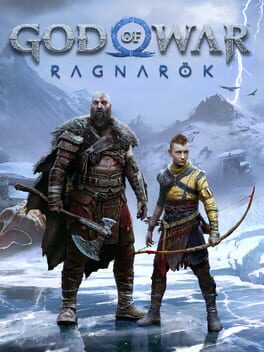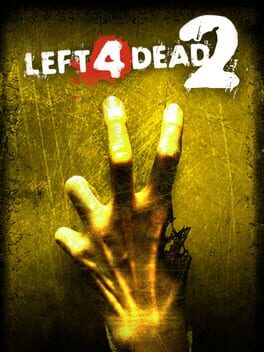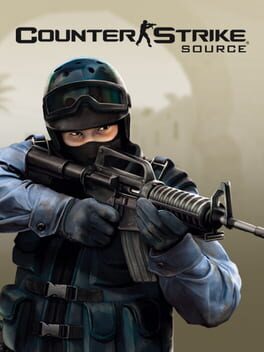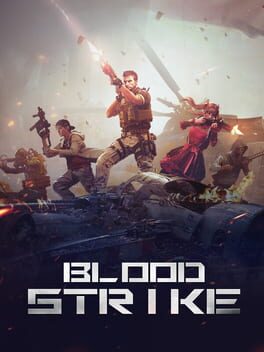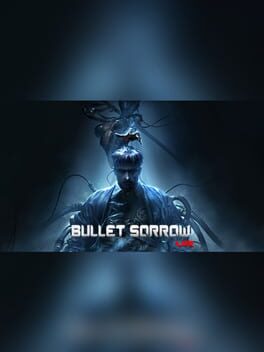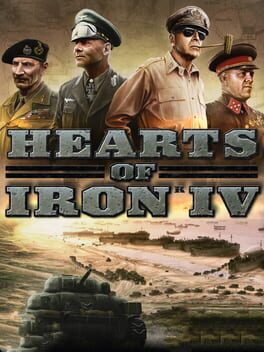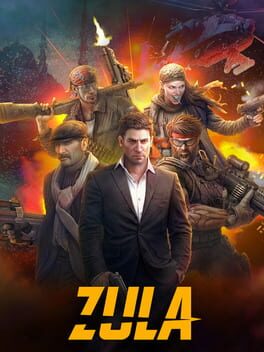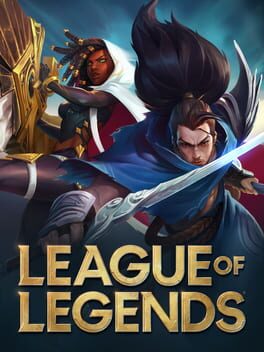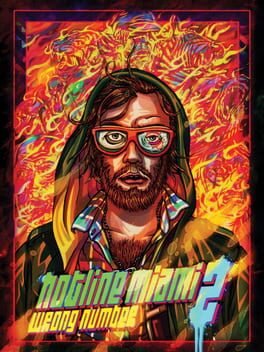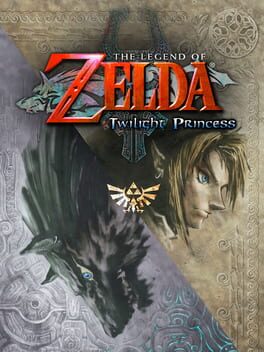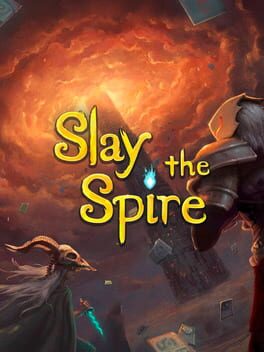FastBlueApple
1070 reviews liked by FastBlueApple
Touhou crossed with SMT, which is pretty funny as a lot of the PC-98 era of Touhou lifts bits and pieces from SMT itself. The game does a good job of letting you explore Gensokyo, and once you get into the combat cycle it can be pretty fun.
For better or worse, the game left me a wanting of more everything except the core gameplay. One of the main appealing aspects of Touhou is in its music, except sadly there is only one normal Boss theme. There are three normal battle themes throughout the course of the campaign, but only one midboss theme and one normal boss theme. The boss theme is especially egregious, not because it's bad it's good actually, but because the theme chosen matches the first boss you're fighting, so when you face the second boss that leads to a bit of disappointment. The themes that are arranged are good, just having bosses match the music would have lead to more of them.
Another thing I would have liked was more skills. There's some attempts at diversity in the physical skills but everything still feels standard, which would be fine in a game replicating early SMT, but you could have captured a lot more personalities here. There is one aspect where it excels however and that is the Capture system, replacing Demon Negotiations (though a randomized version of them is an option you can choose as soon as you reach the first save point). The Capture system utilizes Touhou's danmaku roots, having you shoot to hack through the Sleeper (which I have and will continue to refer to as 2hu) to get them to join your side. These patterns are mostly based on their in-game self, but capture the essence of each character well.
A similar criticism goes to both the sacrificing and inheriting systems, which prevents the 2hus from truly sticking out in what they can do. Imagine if Satori, one of the earliest 2hus you can get, came with an ability that would show the enemy's affinities for that battle. It wouldn't be great in the long term as your turns become more valuable and you get upgrades, but it'd help the player ease into the game and match Satori's canon abilities. Some do have special skills, but they can all be inherited by others which makes them a lot less special. General skills too, as much as I enjoyed the Immolation+Last Resort paired with another 2hu that has Cover, I wish there were more strategies like this beyond the standard "buff and debuff" and "hit the girl hard."
The slightly barebones nature of things makes it walk a tight line between a groove like the first half and too repetitive like the second, but it manages its functions well and is a delightful experience for any Touhou fan and SMT fan that has enough going on in it to keep you lasting the whole time.
For better or worse, the game left me a wanting of more everything except the core gameplay. One of the main appealing aspects of Touhou is in its music, except sadly there is only one normal Boss theme. There are three normal battle themes throughout the course of the campaign, but only one midboss theme and one normal boss theme. The boss theme is especially egregious, not because it's bad it's good actually, but because the theme chosen matches the first boss you're fighting, so when you face the second boss that leads to a bit of disappointment. The themes that are arranged are good, just having bosses match the music would have lead to more of them.
Another thing I would have liked was more skills. There's some attempts at diversity in the physical skills but everything still feels standard, which would be fine in a game replicating early SMT, but you could have captured a lot more personalities here. There is one aspect where it excels however and that is the Capture system, replacing Demon Negotiations (though a randomized version of them is an option you can choose as soon as you reach the first save point). The Capture system utilizes Touhou's danmaku roots, having you shoot to hack through the Sleeper (which I have and will continue to refer to as 2hu) to get them to join your side. These patterns are mostly based on their in-game self, but capture the essence of each character well.
A similar criticism goes to both the sacrificing and inheriting systems, which prevents the 2hus from truly sticking out in what they can do. Imagine if Satori, one of the earliest 2hus you can get, came with an ability that would show the enemy's affinities for that battle. It wouldn't be great in the long term as your turns become more valuable and you get upgrades, but it'd help the player ease into the game and match Satori's canon abilities. Some do have special skills, but they can all be inherited by others which makes them a lot less special. General skills too, as much as I enjoyed the Immolation+Last Resort paired with another 2hu that has Cover, I wish there were more strategies like this beyond the standard "buff and debuff" and "hit the girl hard."
The slightly barebones nature of things makes it walk a tight line between a groove like the first half and too repetitive like the second, but it manages its functions well and is a delightful experience for any Touhou fan and SMT fan that has enough going on in it to keep you lasting the whole time.
Diablo III
2012
Wolfteam
2007
Ninjabread Man
2005
This game is astonishingly terrible. Like, Conception II bad. The box art is deceiving, I thought it looked kinda cool for a few bucks. Little did I know that Ninjabread Man has few redeeming qualities, frustrating platforming, and a game that is so short.
Story: 1
Characters: 4 (bread man is kinda cool)
Gameplay: 1
Graphics: 2
I give Ninjabread Man a 1!
Story: 1
Characters: 4 (bread man is kinda cool)
Gameplay: 1
Graphics: 2
I give Ninjabread Man a 1!
Ostrich Runner
2004
the internet was a paradigm shift, wasn't it? since the late 90s we've seen an increasing amount of discussion around fact and fiction becoming muddied, with the distinction seemingly being irrelevant to many. information is as free as it gets, but the direct consequences for misinformation are minimal. of course, there's no end of works focusing on the subject of truth in the information age; in this very medium you have one of the most prescient and unique statements on the matter with MGS2. the persona 2 duology, however, is unique in that a lot of what it has to say feels before it's time. this is certainly an internet-age set of games, but calling them cyberpunk in any way would be a misnomer. persona 2 really is concerned about the broader societal implications that come about from people being willing and able to believe almost anything, and it directs that focus towards the physical world. in a lot of ways, P2 feels responsive towards the increasing prevalence of conspiracy theories in pop culture (a lot of popular conspiracies are even used as inspiration for plot beats in innocent sin), and i think P2 takes a unique stance in that they don't flat out deny that these things are worth believing in or looking into. rumors come to life, but rumors do have to start from somewhere; there's shreds of truth in any lie.
P2, and especially EP, puts a ton of emphasis on allowing the city to feel lived-in and breathing. for anything you do, there's new dialogue everywhere, and the main progression gimmick (rumors coming to life at the player's will) is utilized in a lot of clever ways to achieve that goal. persona games are known for being text-heavy in general, but i wouldn't be surprised if these two games had some of the larger scripts in the franchise, because every story moment basically changes the whole city. in a game all about listening to the pulse of the city, this feels very appropriate, creating a much stronger sense of immersion than you'd expect for a game like this.
now for stuff focused solely on EP:
out of all of the traditional storytelling archetypes, probably the most common for a JRPG to use is the coming of age story. this makes a lot of sense, logistically; most video game consumers are teenaged, most JRPG protagonists are teenaged, and the power fantasy typically inherent to the genre is about starting from a weak position and growing to be strong. eternal punishment doesn't have these sorts of goals, and it's a lot more engaging for it. EP's cast is a group of adults, and you'd be forgiven for thinking at the beginning of the game that this cast doesn't have much room to grow. indeed, EP's characters definitely do not "grow up" in the way typical for JRPG writing; these characters start out pretty divided and uncomfortable with each other, but there isn't a big climax where they confront their fears all at once and become a team. instead, EP uses optional dialogue to subtly paint a portrait of each of it's cast members and has them slowly begin to open up over time. it's rewarding and immersive to have these characters actually gain new contacts due to these little nuggets of development, and it's a much more lifelike approach to party development than you see in more traditional narratives. a key concept this game has about identity is that it's self-determined; people aren't simply on a search to discover how they really are, but are ever-changing and create the path they walk. i think integrating this into the story by making much of the development up to the player is exceptionally clever. it's a fairly common statement among writers attempting subversive character writing to say that human beings don't have arcs. i feel that this is often used to justify uninteresting or directionless character writing, but in EP it feels like a pretty considered thesis for the game's writing. i guess a better way of saying it is that people don't just have arcs, they don't grow up at one specific point. development here is more like a stream, ebbing and flowing.
STORY SPOILERS HERE
all that being said, eternal punishment was greenlit for a very specific reason; to give an alternate perspective to tatsuya. i also felt that this was done quite well. tatsuya was about as well-characterized as a silent protagonist could get in IS, i felt, but getting a voice definitely helps him. his self-imposed suicide mission is a great narrative hook, and the reasoning behind his existential guilt is one of the best reveals of the story. tatsuya commits (yet another) innocent sin by refusing to forget his friends again, and it's not surprising that he'd try to shoulder the burden to protect their reality. tatsuya is ultimately a character whose greatest weakness is his protective instinct, but through the comfort of the main cast he's able to get past that and use his sins as blessings. it's beautiful payoff for a story that's rife with personal loss and seemingly hopeless odds.
in a lot of ways, P2 reminds me of panzer dragoon saga. both are these hugely ambitious games from around the same time that are driven by the urge to do something different. when i played innocent sin, i felt that that game's attempts at novelty wore thin; the character writing didn't feel dense, the combat was far too easy, and the deviations from standards felt poorly justified by the narrative. although there are still things i dislike in EP, the overall package feels more cohesive. rumors are more immersive and offer more variety, character dialogue is more interesting, the combat and character progression is more difficult but offers more interesting decisionmaking. definitely a huge improvement.
P2, and especially EP, puts a ton of emphasis on allowing the city to feel lived-in and breathing. for anything you do, there's new dialogue everywhere, and the main progression gimmick (rumors coming to life at the player's will) is utilized in a lot of clever ways to achieve that goal. persona games are known for being text-heavy in general, but i wouldn't be surprised if these two games had some of the larger scripts in the franchise, because every story moment basically changes the whole city. in a game all about listening to the pulse of the city, this feels very appropriate, creating a much stronger sense of immersion than you'd expect for a game like this.
now for stuff focused solely on EP:
out of all of the traditional storytelling archetypes, probably the most common for a JRPG to use is the coming of age story. this makes a lot of sense, logistically; most video game consumers are teenaged, most JRPG protagonists are teenaged, and the power fantasy typically inherent to the genre is about starting from a weak position and growing to be strong. eternal punishment doesn't have these sorts of goals, and it's a lot more engaging for it. EP's cast is a group of adults, and you'd be forgiven for thinking at the beginning of the game that this cast doesn't have much room to grow. indeed, EP's characters definitely do not "grow up" in the way typical for JRPG writing; these characters start out pretty divided and uncomfortable with each other, but there isn't a big climax where they confront their fears all at once and become a team. instead, EP uses optional dialogue to subtly paint a portrait of each of it's cast members and has them slowly begin to open up over time. it's rewarding and immersive to have these characters actually gain new contacts due to these little nuggets of development, and it's a much more lifelike approach to party development than you see in more traditional narratives. a key concept this game has about identity is that it's self-determined; people aren't simply on a search to discover how they really are, but are ever-changing and create the path they walk. i think integrating this into the story by making much of the development up to the player is exceptionally clever. it's a fairly common statement among writers attempting subversive character writing to say that human beings don't have arcs. i feel that this is often used to justify uninteresting or directionless character writing, but in EP it feels like a pretty considered thesis for the game's writing. i guess a better way of saying it is that people don't just have arcs, they don't grow up at one specific point. development here is more like a stream, ebbing and flowing.
STORY SPOILERS HERE
all that being said, eternal punishment was greenlit for a very specific reason; to give an alternate perspective to tatsuya. i also felt that this was done quite well. tatsuya was about as well-characterized as a silent protagonist could get in IS, i felt, but getting a voice definitely helps him. his self-imposed suicide mission is a great narrative hook, and the reasoning behind his existential guilt is one of the best reveals of the story. tatsuya commits (yet another) innocent sin by refusing to forget his friends again, and it's not surprising that he'd try to shoulder the burden to protect their reality. tatsuya is ultimately a character whose greatest weakness is his protective instinct, but through the comfort of the main cast he's able to get past that and use his sins as blessings. it's beautiful payoff for a story that's rife with personal loss and seemingly hopeless odds.
in a lot of ways, P2 reminds me of panzer dragoon saga. both are these hugely ambitious games from around the same time that are driven by the urge to do something different. when i played innocent sin, i felt that that game's attempts at novelty wore thin; the character writing didn't feel dense, the combat was far too easy, and the deviations from standards felt poorly justified by the narrative. although there are still things i dislike in EP, the overall package feels more cohesive. rumors are more immersive and offer more variety, character dialogue is more interesting, the combat and character progression is more difficult but offers more interesting decisionmaking. definitely a huge improvement.
Ipad Baby
2024
about as smart/subtle/subversive as this is tbqh https://youtube.com/shorts/PpGkxgWc3rA?si=fhmQeWTZPgULsIeR
eyeroll worthy type shii
eyeroll worthy type shii
200 lists liked by FastBlueApple
by AlphaOne2 |
23 Games
by AlphaOne2 |
13 Games
by Mewtsukki |
21 Games
by CorpsSansOrganes |
108 Games
by iklimKelebek |
24 Games
by Elassirish |
1708 Games
by CourierSeven |
10 Games
by Wollom |
27 Games
